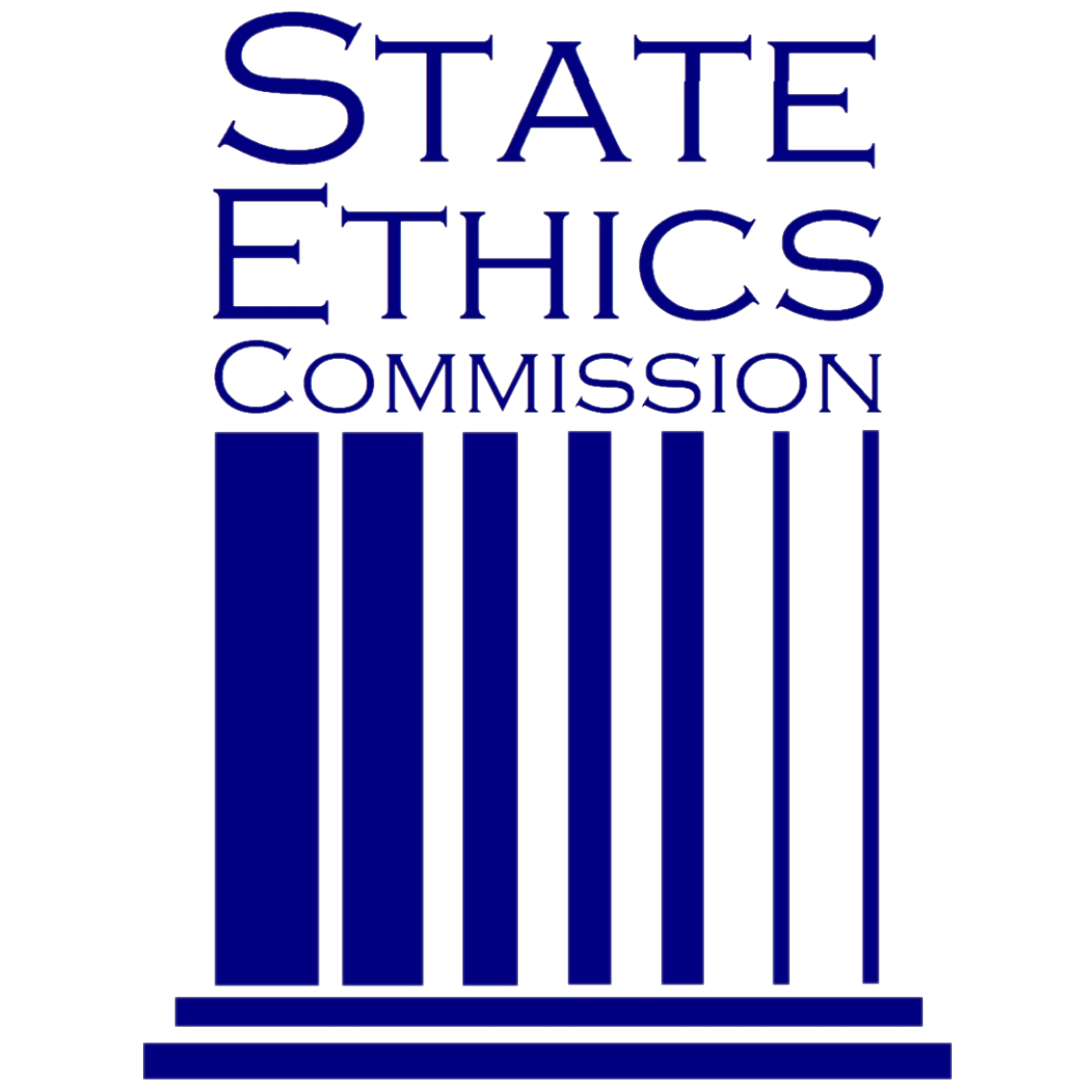- David A. Wilson, Executive Director
Media Contact
Gerry Tuoti, Public Information Officer
Boston, MA — Former Hampden County Regional Retirement Board Member Richard Theroux has paid a $10,000 civil penalty for violating the conflict of interest law by obtaining reimbursements from the Board for falsely claimed lodging expenses and, as a Board member, approving those reimbursements to himself. Theroux signed a Disposition Agreement in which he admitted to the violations and waived his right to a hearing.
Each year from 2007 to 2019, Theroux attended a conference in Hyannis and stayed at his own property in Mashpee. Theroux, however, fabricated lodging receipts each year that falsely made it appear he had paid to stay at a rental property. Theroux submitted these phony receipts to the Board and was paid a total of $5,650 in reimbursements for expenses he did not incur. In four of those years, Theroux, as a Board member, voted to approve and signed off on monthly expenditures that included the reimbursements to himself. In 2017, in his capacity as a Board member, he also signed for approval his own reimbursement forms. After an audit conducted by the Public Employee Retirement Authority raised concerns about the reimbursements, Theroux repaid the Board the $5,650 he had received.
The conflict of interest law prohibits public employees from using their official positions to obtain valuable unwarranted benefits, participating officially in matters in which they have a financial interest, and presenting false or fraudulent claims to their employer for valuable payments or benefits. Theroux violated the conflict of interest law when he submitted falsified lodging reimbursement forms, acted in his official capacity to approve and sign his own requests for reimbursement, and approved and signed off on Board expenditures including reimbursement payments to himself.
The Commission encourages public employees to contact the Commission’s Legal Division at 617-371-9500 for free advice if they have any questions regarding how the conflict of interest law may apply to them.
###
